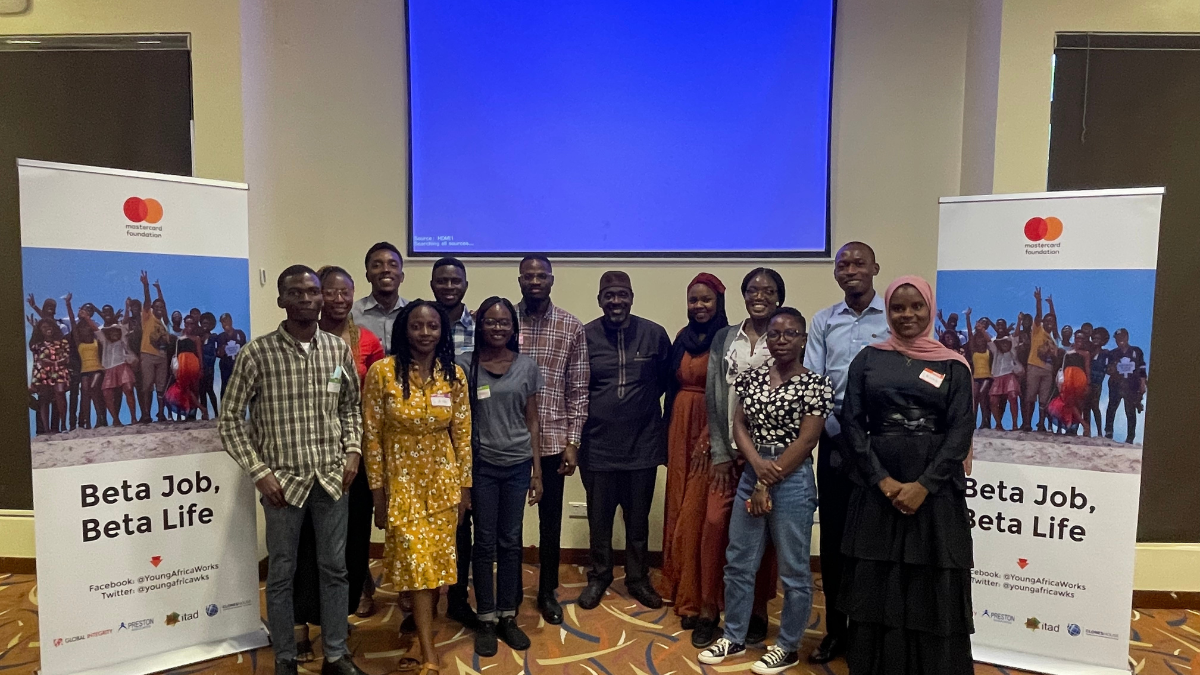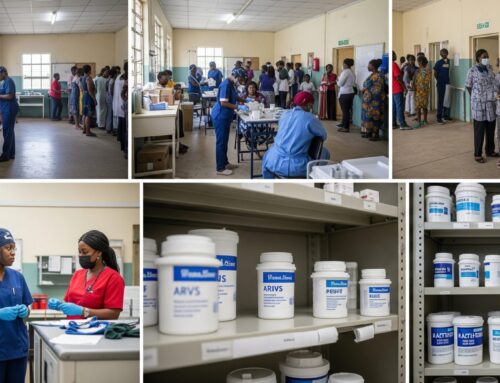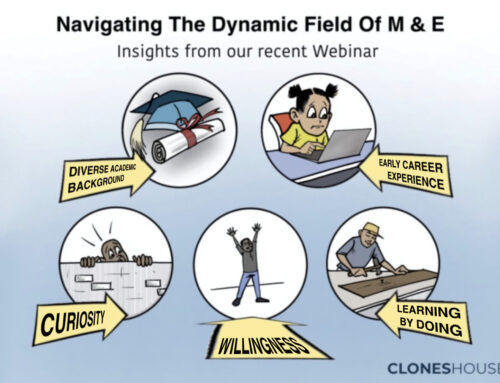Foluke is a graduate of Agricultural Economics from the University of Ibadan. Although she studied agriculture, she never believed in what planting and harvesting could achieve—of course, she eats. After three years of roaming the street in search of a job, Foluke attempted to return to her home state, Ondo. She, however, couldn’t because of the rising level of insecurity on the road. To mitigate the rising hunger facing her, Foluke decides to take up a payment vendor job (POS attendant). She started well at her new job until she was attacked, retrieved of all cash, and left fatally wounded.
Eze draws pretty well. He has sampled drawings of the late sage Obafemi Awolowo, Nelson Mandela, Fela Anikulapo Kuti, and Nnamdi Azikwe among others. He dropped out of his engineering course at Yaba College of Technology as he couldn’t pay his school fees nor afford to feed himself. His parents are aged and he is the only surviving child after his community was invaded by freedom agitators in the South East, Nigeria. Despite having an incomplete education, Eze believes he could do wonders with his pencil and wide imagination. However, things have been tough—from oil painting to hyperrealism, to pencil portrait designs, Eze has had low patronage and his artistry has suffered hunger and imminent kwashiorkor.
When Aminat completed her studies in Computer Science at the University of Jos, she faced dilemma in choosing a career path. Although she graduated with second class honors, she had gained skills in coding and technical designs by joining a female-led student hub back on campus. Aminat knew how competitive the street of Lagos is, and how depressing searching for a job could be. She teamed up with four other members of her hub to aggregate farm produce in Plateau State. Aminat and others formed a team of five and began to gather tomatoes, potatoes, and vegetables directly from farmers. Owing to their diverse background, Aminat chose to design an app to connect to wholesalers, retailers and distributors. Segun faced data gathering and analysis for their business operations, Emeka handled finance, Yusuf took charge of logistics, and Angela managed resources. The five built a farm produce aggregator business which is now worth millions and employed hundreds of Nigerian youths.
The Mastercard Young Africa Works (YAW) program was launched in 2019 to give 10 million Nigerian youths access to work opportunities by 2030. The project scope covers the distinct challenges faced by each of the categories of Nigerian youths described above. For the likes of Foluke among Nigerian youths, the program is reorienting them to see values in agriculture starting from planting to post-consumption and as a hallmark of opportunities. The program is designed to absorb the likes of Eze who are skilled but underemployed to present their skills digitally and reach their target audience; hence, they’ll be able to live economically independent and cater to their parents and relatives.
MCF YAW focuses on making the third category scenario painted above to be a reality in Nigeria. The goal is to embed young Nigerians in value-based and impact-making agriculture, creative, and digital economy. The program is targeted at youth empowerment, skill acquisition, supply chain strengthening, capacity building, socio-economic development and employment generation for 10 million young Nigerians, majorly women by 2030.
The MCF YAW will deliver interventions and partnerships that tap into Nigeria’s entrepreneurship culture, sizeable private sector, and widespread use of technology to connect over 2 million young people to opportunity over the next 5 years. The implementation in Nigeria will begin in three states where 20 percent of young people live – Lagos, Kano, and Kaduna.
YAW is striving towards bringing out the next unicorns from Nigeria just like Interswitch, Jumia, and Flutterwave. Young Nigerians (18-35) therefore need to key to the perception and attitudinal change, commit to skill acquisition and awaken their consciousness to building a Nigeria that is self-reliant, sustainable and capable to feed her teeming population while flourishing in global exports and robust foreign exchange. Catalyzing prosperity is the slogan; to make this happen, the youth should be at the centre and no one should be left behind. When the youths are empowered, the nation is uplifted.
About the Author
Oluwajuwonlo Afolabi is a 2022 Mastercard Foundation Young Impact Associate with over 3 years of experience in the media and communication industry. Oluwajuwonlo has amassed wealth of experience in storytelling, blogging, data communication, journalism and technical writing suitable for initiating, analyzing and reporting issue-based events and projects. He is a first class graduate and has engaged in personal development to build his capacity in report writing and project management.





Nice read👏🏽. Empowering the youth is empowering the nation! Kudos to the MCF.
It is heartwarming to see MCF YAW providing dignified opportunities for young Nigerians to build a better future for themselves, support their families, and contribute to nation building.